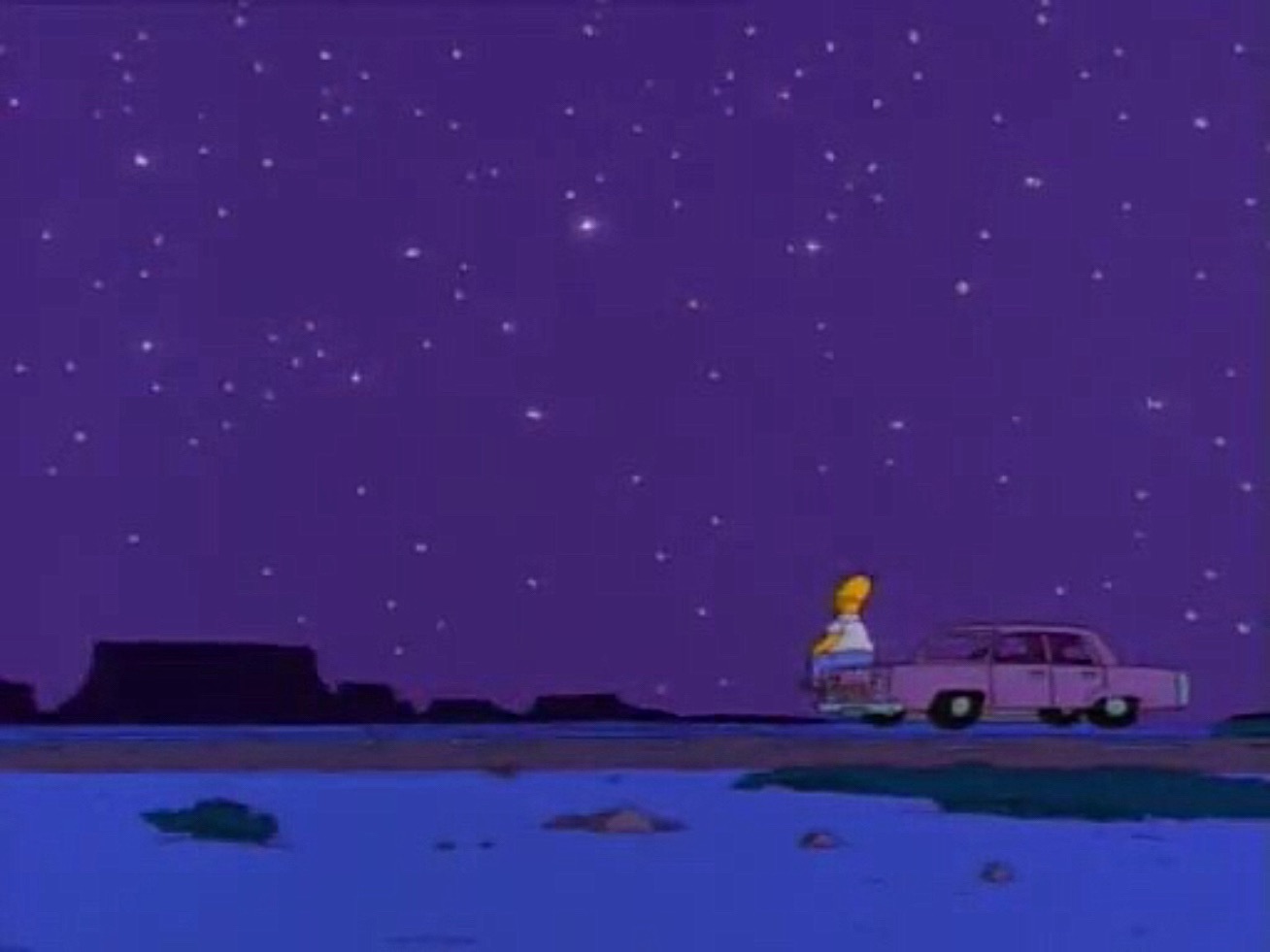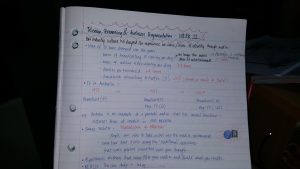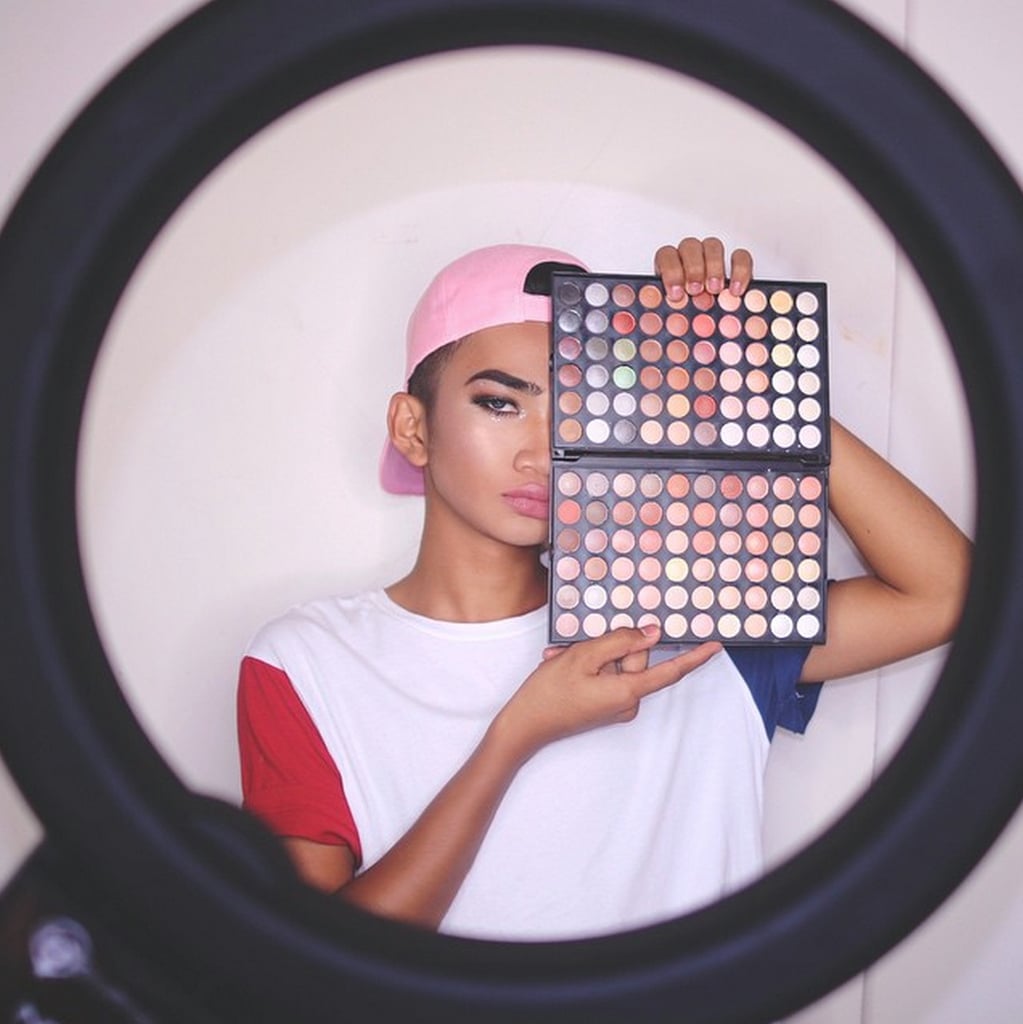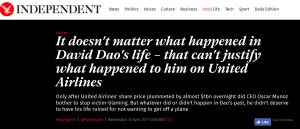The workshop began with its usual formalities and such, however I sat with my group members this time around – Alice and Izzi! The purpose of this workshop (well, for me) was to work on our rough cuts so the ~REAL~ audio people could come in and critique our work. I managed to get a minute’s worth of work done in the 50 minutes of time we were, which I’d say is pretty good progress:
And finally, these two lovely radio people finally came in to listen to our audios. We had to set up this cool audio thingamabob where we could listen to the audio all at once. The first piece of audio was about ‘Social Media and its Unreliability’. Okay, that’s not the exact title but that’s what I got off of it whilst I was listening to this beautifully edited piece of work. It was conversational, engaging and interesting – this group made sure if wasn’t just the three of them simply talking – they took their time to piece every bit of section together. It honestly made me kind of nervous considering our group has done NADA in terms of putting everything together.
It was our turn to present our audio – we started off with Izzi as she researched the information of hip hop’s history. Next was myself, discussing hip hop’s distortion of its messages and finally, Alice asking the question of “where did women in hip hop go?“. Of course I wasn’t expecting praises because honestly, our work was very segmented and didn’t sound too-put-together just yet. Otherwise here are the dot points of the feedback:
- Clear sections in the segments – changes of pace and have a break in between to give the listener a break
- Topic change/section change – it’s an opportunity to change the beat, cut the beat, etc
- Equalise the volume throughout the three different audios (of course, once we have pieced all of them together)
The feedback from a professional was very helpful and educational about the process of editing an audio – I will definitely put these pieces of advice into my work! Before it was time to go, we asked Liam for some final ~*words of wisdom*~
“Great job, guys”
Thanks Liam 😂
lyreca














